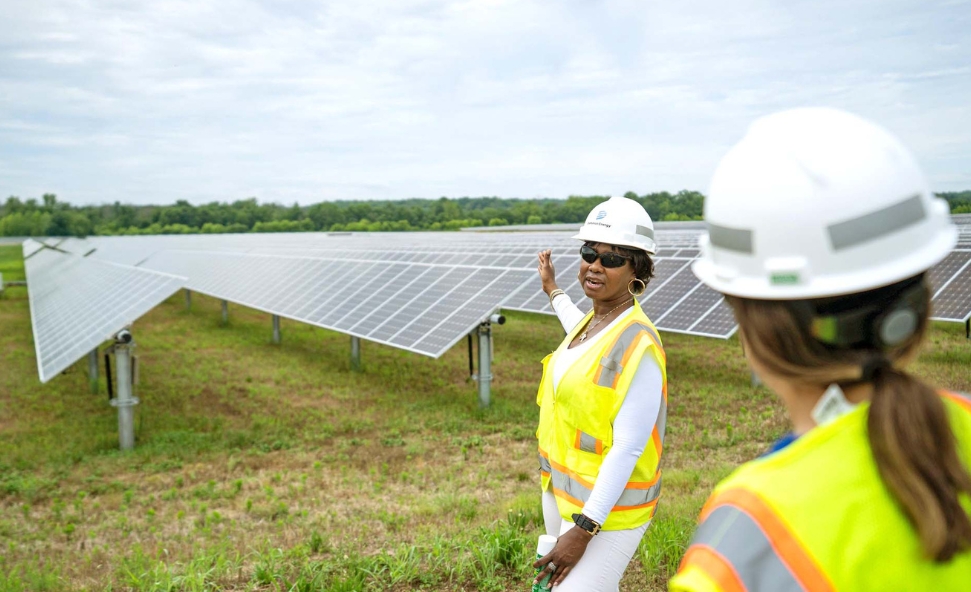
News
Blog | 3 min read
March 28, 2024

Richmond is the most climate-resilient city in the U.S. according to a 2024 study by USA Today. The study evaluated 96 out of the 100 most populous cities in the U.S. across different metrics to determine a city’s climate resiliency.
The FEMA National Risk Index determines how vulnerable U.S. cities are to climate change based on annual loss, community resilience and social vulnerability. Each city received a risk score on a scale of 1 (least vulnerable) to 100 (most vulnerable). Geography and climate policies determine resiliency. In addition to the Risk Index, factors that determine climate resiliency include:
Richmond secured the top spot on the list with a FEMA Risk Index score of 73.24 which is significantly lower than any competitor cities in the analysis. Richmond competitors Philadelphia, Penn., Nashville, Tenn., Washington, D.C., and Columbus, Ohio, all scored above 90 on the Risk Index. Of the 96 cities analyzed, only 15 had FEMA Risk Index scores below 90.
Greater Richmond’s status as the most climate-resilient city in the U.S. holds substantial benefits for operational redundancy in manufacturing. The region’s stable climate and minimal risk for extreme weather events are invaluable for manufacturing facilities. When a company is dependent on a single facility, it can become vulnerable to disruptions.
With an increasing reliance on just-in-time manufacturing and the need for continuous operation, having a location with a low susceptibility to natural disasters becomes a strategic advantage. When disruptions in less climate-resilient cities occur, manufacturers can rely on their operations in Greater Richmond to maintain operational resilience. This mitigates the risk of supply chain disruptions while enhancing the overall efficiency and reliability of manufacturing in the region.
This ranking is not only significant for enhancing operational redundancy in the region but also positions Greater Richmond as an ideal location for housing critical infrastructure such as data centers.
Greater Richmond earned its rank as the most climate resilient city in the U.S. based on its low susceptibility for natural disasters and its ability to prepare for them. Unlike many other regions prone to coastal flooding, hurricanes or droughts, Richmond has a stable climate and minimal risk for extreme weather events. This stability is a crucial factor for businesses seeking reliable sites, especially for data centers.
Companies like Meta and QTS have recognized the advantages of investing in Greater Richmond. In addition to climate resiliency, the region offers one of the best location values for data centers in the Mid-Atlantic with sites that are pre-certified, secure and equipped with dependable fiber connectivity and redundant power. The region also offers a compelling economic advantage with electric rates 8 percent more affordable than the rest of the U.S. and industrial building costs 12 percent lower than the national average.
Cities with actionable plans for extreme weather patterns not only safeguard their communities but also create an attractive environment for businesses seeking stability. As the digital landscape continues to evolve, the importance of operational redundancy and secure and reliable data storage facilities cannot be overstated.
Learn more about data centers in Greater Richmond.